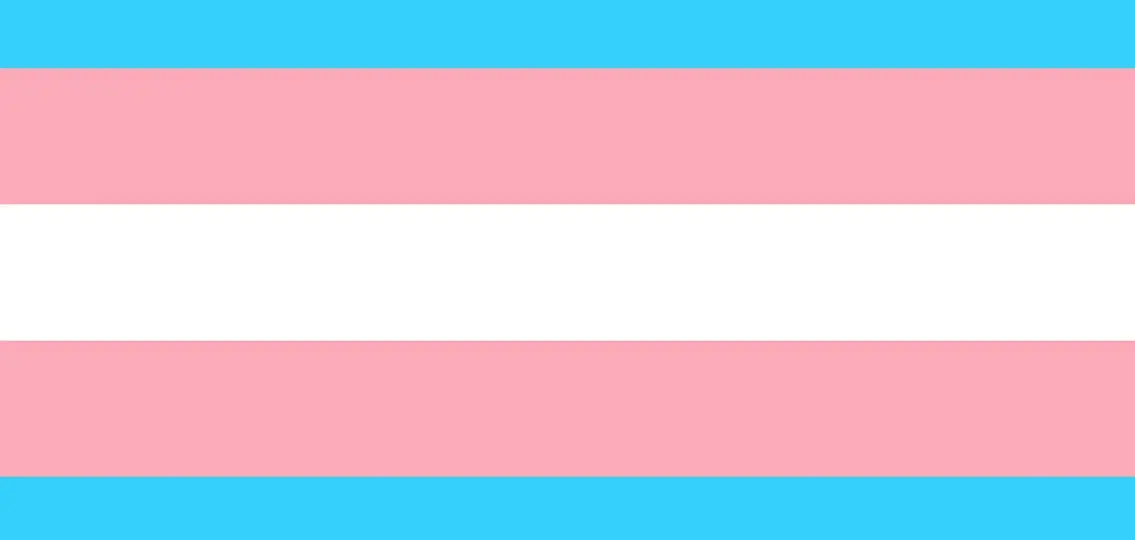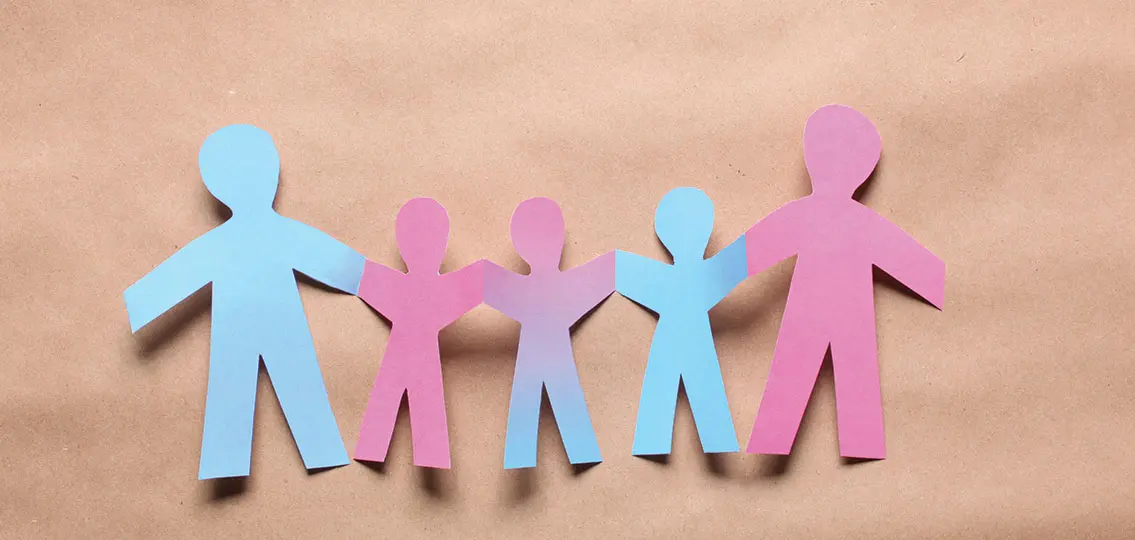There are some parenting conversations for which you are never prepared.
I recently received a call from my son’s high school choir director. The group’s first major concert trip was coming up, and she wanted to chat with my wife and me about something. The trip was an overnighter, and they were in the process of pairing up kids to be roommates.

Rooming Arrangements
Why the call? It turns out one of the students in the choir was transitioning: he was born female but has a male gender identity. The choir director wanted to make sure we were comfortable with our son rooming with him.
When I was in high school, the acronym LGBTQ was not yet created.
If you used the words gender dysphoria, it would get you a blank stare. And even if someone discussed this terminology, you probably could only find information on it in medical journals and textbooks.
Nowadays, however, it’s a hot-button issue. You can’t seem to turn on the TV or peruse social media without running across stories of school officials and legislators debating whether or not transgender teens should be allowed to use the locker room or bathroom that aligns with their gender identity.
Although I live in a very liberal state, I still run across people that are terrified of the idea of a biological male having access to a woman’s bathroom, regardless of how they identify. It’s a delicate issue to say the least.
We Were Cool With It
When the choir director asked us if we had a problem with our son rooming with a transgender boy (someone born female who has a male gender identity), we assured her we were okay with the situation. Seriously, we didn’t give it a second thought.
Perhaps we’re naïve, but we both felt it wouldn’t be an issue. More specifically, that it shouldn’t be an issue. We were cool with it.
Then she asked us how our son felt about it. And it was a good question – one we needed to ask.
Our Son Was Cool With It
Now, I can’t speak for other parents, but gender transition wasn’t exactly a topic of discussion we had with our kids, so I was very curious to hear what my son’s attitude toward it would be.
When we brought it up to him, his response was the epitome of nonchalance. Usually, a conversation with my fifteen-year-old son is me taking fifteen words to ask a question and him taking one word to answer. Those words comprised: “yeah,” “fine,” “okay,” “good” and “nothin’.’”
For a subject of this nature, I expected a bit more conversation, but instead, his short answers reflected an attitude of “What’s the big deal?” He stated he had no problem rooming with the kid. In fact, he had no idea that he was physically a girl.
He said he’s a good guy, and no one’s ever said anything about it since it came up, because (wait for it) it’s no big deal. He was cool with it.
Hope for the Future
This attitude gives me great hope. I asked him if other kids felt the same way. He shrugged and said, “Probably.” I asked if he knew much about gender dysphoria and he said, “Not much.” I then asked if he wanted to learn more or ask some questions about it, and he responded: “No, I’m good.”
That told me he was a little uncomfortable about the topic and I should let it drop at that point. But the fact that he was even willing to discuss it to this degree was promising
I know that there are still many people that struggle with accepting those that are different from themselves. But I’m seeing through my son that we as a society are heading in a more tolerant direction.
I’m glad the choir trip roomie situation came up. It forced us to discuss a sensitive topic that we may have never tackled.

What this situation has shown me is that I need to give today’s teens more credit than I’ve considered in the past. They’re more accepting and empathetic than perhaps we were at their age. I’d even go so far as to say they’re a lot more grown-up than a lot of grown-ups I’ve encountered.
And I’m cool with that too.




